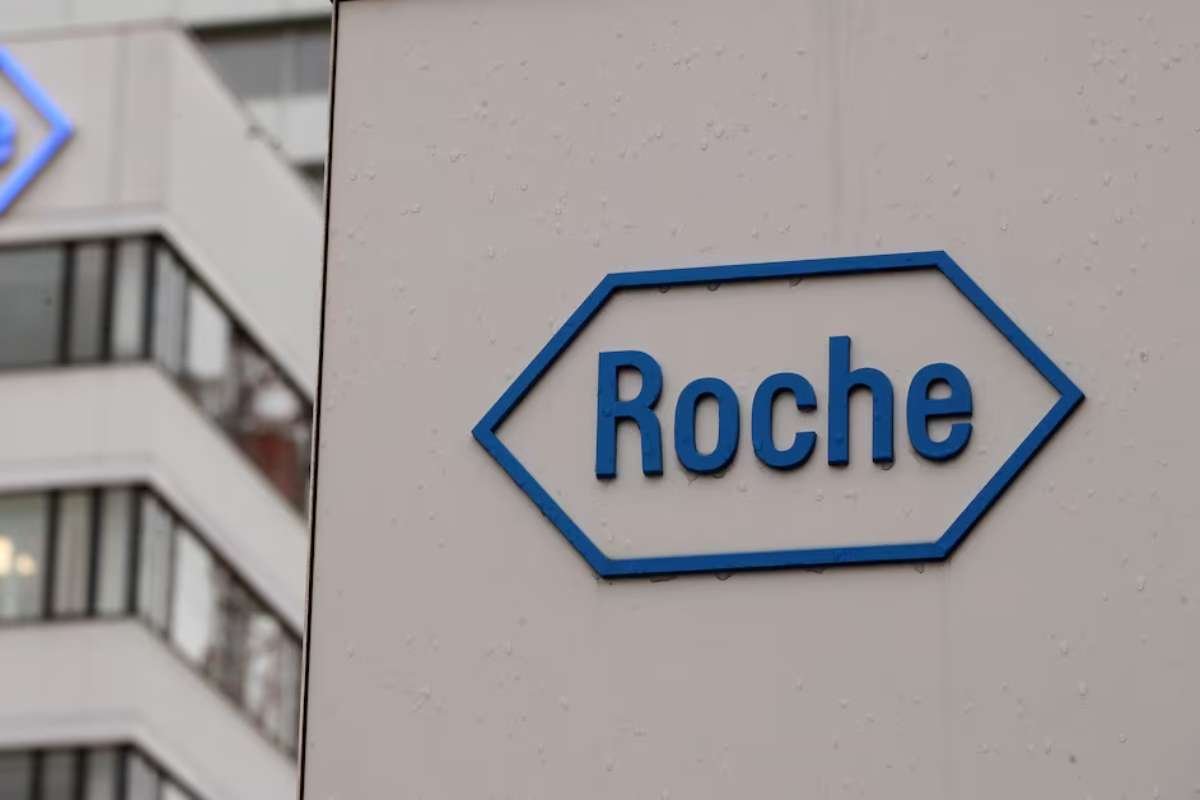Key Points:
- Fenebrutinib MS treatment cuts relapse rates in relapsing MS compared with Aubagio.
- Matches Ocrevus in slowing primary progressive MS.
- Roche aims for regulatory approval; peak sales could exceed $1B.
Swiss drugmaker Roche said its experimental fenebrutinib MS treatment met its main goal in one of two late-stage trials testing it against the relapsing form of the disease. The announcement on Monday lifted Roche’s shares by nearly 2%.
The study showed that fenebrutinib significantly reduced the annualized relapse rate in MS patients compared with teriflunomide, a drug marketed by Sanofi under the brand name Aubagio. The results were based on at least 96 weeks of treatment, according to a company statement.
Roche said the findings could mark an important step toward expanding treatment options for MS patients. Analysts from Leerink projected that fenebrutinib could generate more than $1 billion in annual peak sales if approved.
Comparable results in a separate study
In a separate phase-three trial, fenebrutinib MS treatment was found to be at least as effective as Roche’s existing MS drug, Ocrevus, in slowing the progression of primary progressive multiple sclerosis (PPMS). Ocrevus, approved in several major markets, has been one of Roche’s top-performing therapies since its launch.
The company plans to release full data from all three studies—including two for relapsing MS and one for PPMS—at an upcoming medical meeting. Roche also said it intends to submit the data to global regulatory authorities for potential approval.
Second trial results expected by 2026
Data from the second late-stage trial in relapsing MS are expected in the first half of 2026. The U.S. Food and Drug Administration (FDA) had temporarily paused new patient enrollment in that study in late 2023 after reports of liver injury. Roche stated that liver safety results in the ongoing trials of fenebrutinib MS treatment were consistent with previous data and showed no new concerns.
Jefferies analysts said the drug’s regulatory success will depend heavily on the full set of safety and efficacy results from all three studies.
A new contender in BTK inhibitors
Fenebrutinib belongs to a class of compounds known as Bruton’s tyrosine kinase (BTK) inhibitors. These drugs are designed to target the autoimmune mechanisms that cause MS, offering a more selective approach than conventional immunosuppressants. Several pharmaceutical companies, including Sanofi, are developing BTK inhibitors, though some have faced clinical setbacks.
Roche’s progress with fenebrutinib strengthens its presence in the MS market, where it already competes with Ocrevus. If approved, fenebrutinib could become a complementary or alternative option for patients seeking oral treatment forms.
Next steps
Roche said it will present detailed findings at an upcoming scientific conference and continue discussions with regulatory bodies. The company emphasized that maintaining consistent safety outcomes remains a top priority as it advances the drug toward potential market approval.
If fenebrutinib MS treatment successfully clears regulatory hurdles, it could represent a major addition to Roche’s neurology portfolio and further reinforce the company’s position in the competitive MS treatment landscape.
Visit The Lifesciences Magazine For The Most Recent Information.







